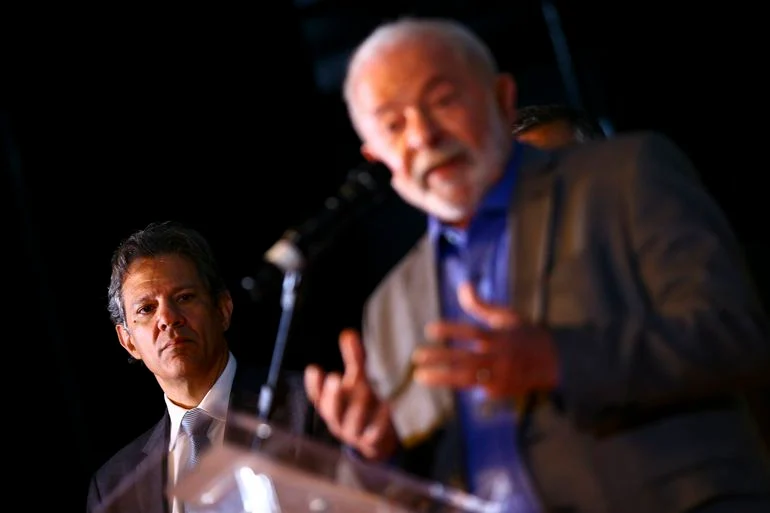This Wednesday’s Genial/Quaest survey brought new data about the position of Brazilian financial market agents regarding the Lula government’s economic policy.
The “What does the financial market think” survey says that 98% of those interviewed believe the country’s economic policy is going in the wrong direction.
Only 2% of those interviewed consider that the government’s proposals are on the right track.

In addition, 90% of the survey participants believe that the current policy will not generate public debt sustainability.
Concerning the expectation for the economy in the next 12 months, 78% of those interviewed expect a worsening. Among public opinion in general, the percentage is 62%.
For 73% of those interviewed, the country runs the risk of an economic recession, while 27% minimized this risk.
The survey interviewed 82 investment funds based in São Paulo and Rio de Janeiro between March 10 and 13.
The data collection was carried out through structured questionnaires applied online.
FISCAL POLICY AND RELATIONSHIP WITH THE CENTRAL BANK
For 90% of those interviewed, the government’s fiscal policy will not generate sustainability of the public debt, while 9% believe it might.
Furthermore, 49% consider that the primary surplus necessary for public debt sustainability must be between R$150 billion and R$200 billion.
The relationship between the government and the board of the Central Bank is negative for 90% of the agents interviewed, and only 1% responded positively, while 9% consider the relationship to be regular.
For the next six months, 43% of the agents believe this relationship should worsen, 49% say it should remain the same, and only 7% expect an improvement.
SELIC AND TAX REFORM
Concerning the Selic rate at the end of the year, 59% of the respondents said it should be lower than 13%, 32% said it should be higher, and 9% considered that the rate should be equal to 13%.
Regarding the expected approval of the tax reform, 41% of the respondents believe that the chances are regular, 32% are high, and 26% are low.
FOREIGN INVESTMENTS
Finally, concerning foreign investments in Brazil in the coming years, 42% of the agents believe that investments should decrease, and 20% expect them to increase.
With information from Revista Oeste

